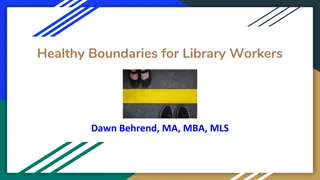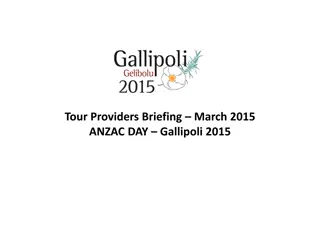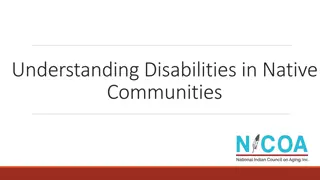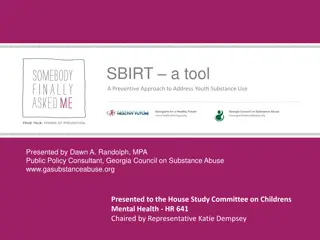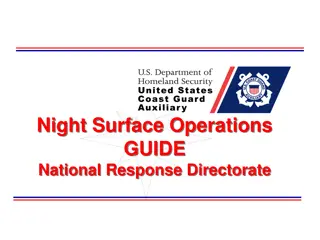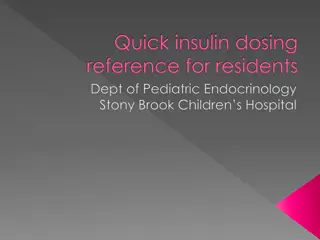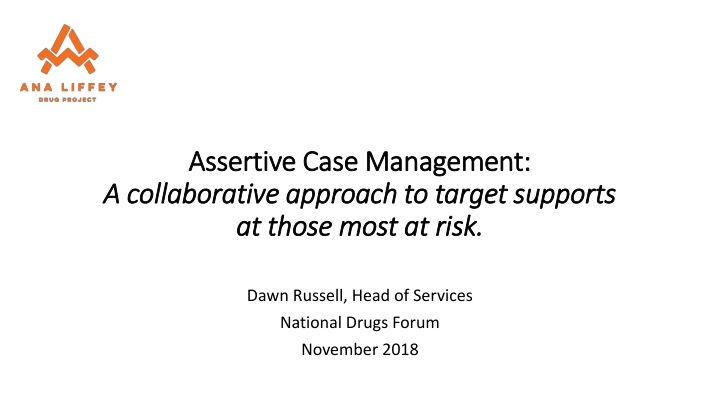
Collaborative Approach in Assertive Case Management for At-Risk Populations
Empowering individuals at risk through assertive case management, this approach utilizes collaborative strategies to target support for those facing substance misuse and anti-social behaviors. The project focuses on the City Centre and NEIC areas, aiming for positive outcomes such as improved engagement with healthcare, stable accommodation, and reduced anti-social behaviors.
Download Presentation

Please find below an Image/Link to download the presentation.
The content on the website is provided AS IS for your information and personal use only. It may not be sold, licensed, or shared on other websites without obtaining consent from the author. If you encounter any issues during the download, it is possible that the publisher has removed the file from their server.
You are allowed to download the files provided on this website for personal or commercial use, subject to the condition that they are used lawfully. All files are the property of their respective owners.
The content on the website is provided AS IS for your information and personal use only. It may not be sold, licensed, or shared on other websites without obtaining consent from the author.
E N D
Presentation Transcript
Assertive Case Management: Assertive Case Management: A A collaborative approach to target supports collaborative approach to target supports at those most at risk. at those most at risk. Dawn Russell, Head of Services National Drugs Forum November 2018
TheProject Case Management based on National Drug Rehabilitation Framework tools Delivered via outreach, inreach and home visits. Flexible and responsive. September 2014: City Centre Multidisciplinary team targeting City Centre area October 2017: Expansion to North East Inner City
The Target Group City Centre: NEIC : People: Using drugs or drinking alcohol publically Spending time in the city centre due to lack of other options Sleeping rough Begging frequently Previously known to anyone on the multiagency team as having a complex needs People: Experiencing substance misuse issues Resident and /or congregating in the NEIC Involved in anti-social behaviours in the area Not currently effectively engaged with existing services Key targets are Rutland St, Railway St and Sheriff St
The Outcomes City Centre Measured through: Care plan goals on Ana Liffey CMS monthly reports to oversight groups tracking each case PULSE reports of Garda Outcome Star /self report of individuals NEIC Measured through: Care plan goals on Ana Liffey CMS monthly reports to oversight groups tracking each case Self assessment of individuals at regular intervals Monthly feedback from multi- stakeholder oversight group on area trends and shared clients
TheOutcomes City Centre Independent evaluation April 2016 59 clients engaged in case management 38 % Accessed more stable accommodation 28 % Improved engagement with health care 26% Entry to drug / alcohol treatment 27% Stabilised in the community 7% Complied with Sex Offender s Register (SOR) sign on requirements 37% Reduced anti-social behaviour 34% Executed warrants
TheOutcomes NEIC: Independent evaluation October 2018 58 clients engaged in case management 15.5% Accessed more stable accommodation 27.5% Commenced day programme 33% Completed drug treatment 2% Commenced employment 3% Stabilised on methadone
TheLearning What works Multiagency oversight group Clear tasks and targets Regular, action focused case meetings City centre - case meetings with Garda What doesn t work Entry criteria for detox facilities Application of Outcome Star Lack of shared care plans under NDRF Lack of clarity about continuum of care and access criteria Note: Measuring impact as well as outcomes in future would be preferable
Thankyou! Dawn Russell Head of Services dawn.russell@aldp.ie www.aldp.ie Twitter @analiffey #SaferFromHarm






